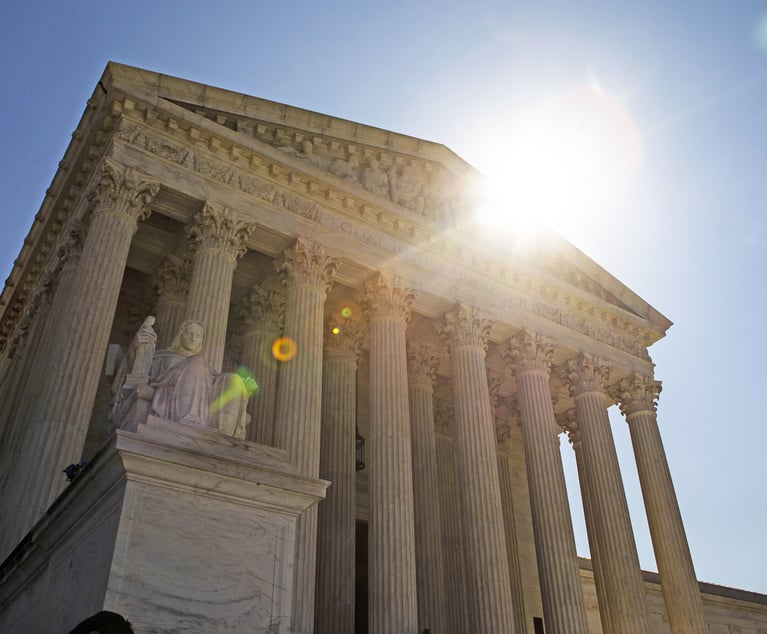An arbitrator’s responsibility to actively manage and shape the arbitration process is a well-accepted best practice protocol. Institutional arbitration rules call on arbitrators to control the proceedings in order to deliver on arbitration’s promise of fairness and efficiency. AAA Commercial Arbitration Rules (2022) (AAA Rules) R-24; ICC Arbitration Rules (2021) Article 22.1; CPR Domestic Administered Arbitration Rules (2019) (CPR Rules) Preamble, Article 9.2. As a practical matter, to deliver on that promise, arbitrators need the authority to enforce the rules that they set for the arbitration.
Arbitrators sometimes derive their enforcement authority directly from governing statutes. The Revised Uniform Arbitration Act (RUAA), which has been adopted in twenty-two jurisdictions in the United States, empowers arbitrators to grant broad relief, including the imposition of sanctions for failure to comply with discovery orders and an award of fees and expenses. RUAA Sections 17, 21.


 Photo: WhatsAp+994515941183 via Adobe Stock
Photo: WhatsAp+994515941183 via Adobe Stock




